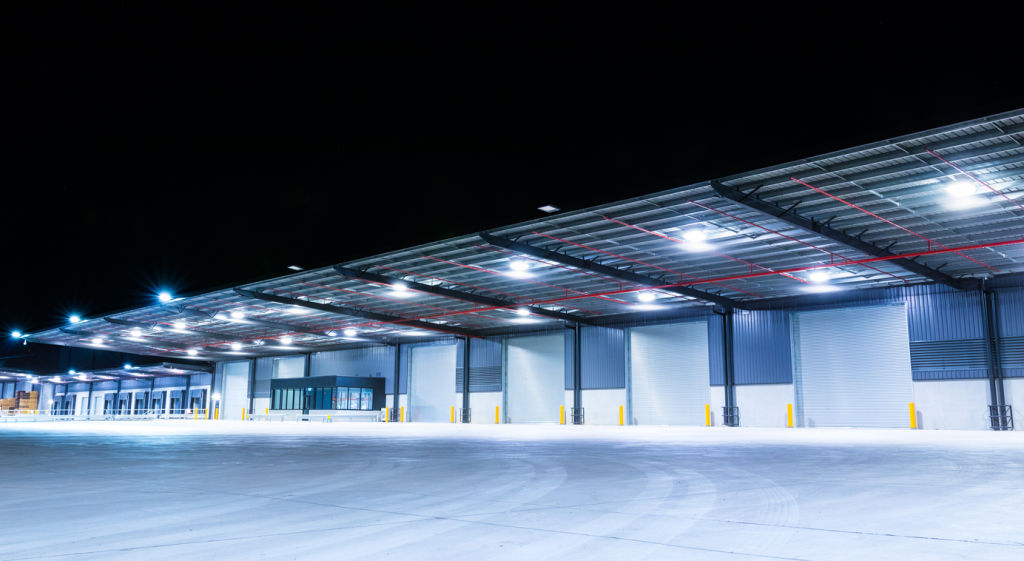
Institutional investors piling into Australian industrial property as the buyer profile changes
Major institutional investors and foreign groups have joined the ranks of buyers seeking industrial property in Australia in recent years, as the sector experiences its highest demand ever.
Finn Trembath, Knight Frank’s Victorian head of research, said there has been a change in the profile of buyers of industrial assets in recent years.
“Traditionally, industrial real estate buyers comprised largely private investors and small-to-medium enterprises setting up operations or expanding into a new market,” he said.
“Industrial real estate has become more commonly owned by major institutional landlords who see the potential growth in the sector and the attractive long-term returns it offers.”
Other buyers include private individual investors who want exposure to the industrial property sector, while superannuation funds have also entered the market to maximise returns and diversify their investments.
These investors are seeking better return on investments, net leases, long-term lease terms of at least three years and a low-maintenance property investment.
Richard Stacker, industrial chief executive officer at Charter Hall, agreed the type of buyers seeking this asset class has changed.
“Australia’s industrial and logistics investor base has progressively become more institutionalised over recent years,” he said.
He noted that unlisted funds have continued their expansion into Australia’s industrial property market in recent years, while Australian real estate investment trusts have also become prominent players in the market.
“The long leases secured by high-quality covenants have attracted investors seeking cashflows with relatively low volatility,” he said.
Mr Stacker attributes this shift in interest to the industrial sector to “structural changes to demand”, thanks to the boom of online retailing and its need for increased integration of technology.
Foreign investors have also jumped on the bandwagon, ramping up their exposure to industrial real estate, as investors across the world hunt for better returns in a global low-interest rate environment.
“Given the comparatively higher yields to offshore industrial markets and the projected growth of online retailing, this investor demand is expected to continue,” Mr Stacker said.
Cushman & Wakefield’s Orlando Maciel, NSW head of industrial, has also seen interest from foreign buyers, some looking to “either invest directly or partner with local outfits to secure high-quality stock, where it’s available”.
The main owner-occupiers showing interest are those in the freight and logistics industries, he said.
And as major institutional investors take the lead in seizing the limited supply of industrial property, smaller private investors are land-banking as they eye price growth prospects in the years ahead, particularly for land that is yet to be zoned for industrial use.
“The discussion at the moment is around increasing land values, and that’s because demand far outstrips supply and [prices for] land that is actually available, particularly in areas around the new Western Sydney airport development, is likely to increase further,” Mr Maciel said.
Get a weekly roundup of the latest news from Commercial Real Estate, delivered straight to your inbox!






